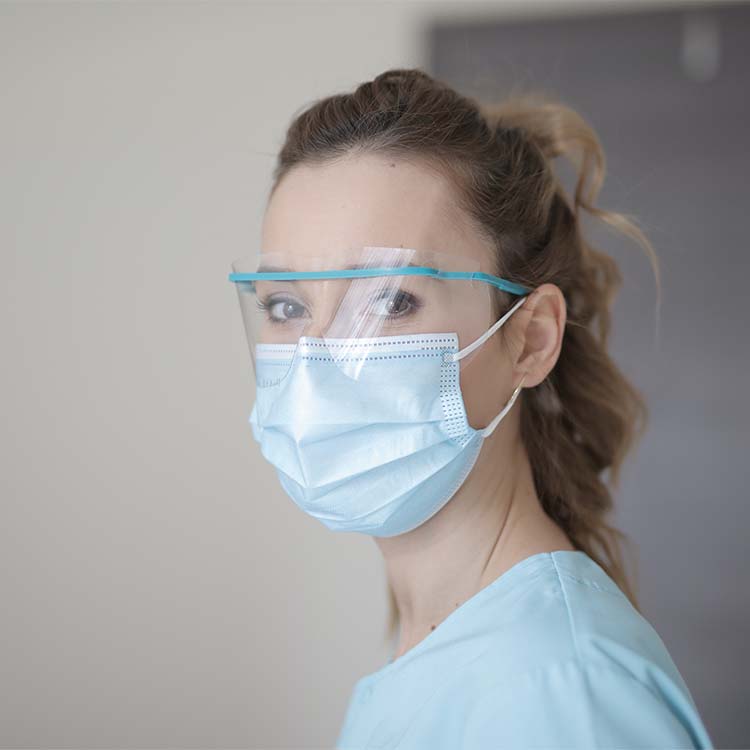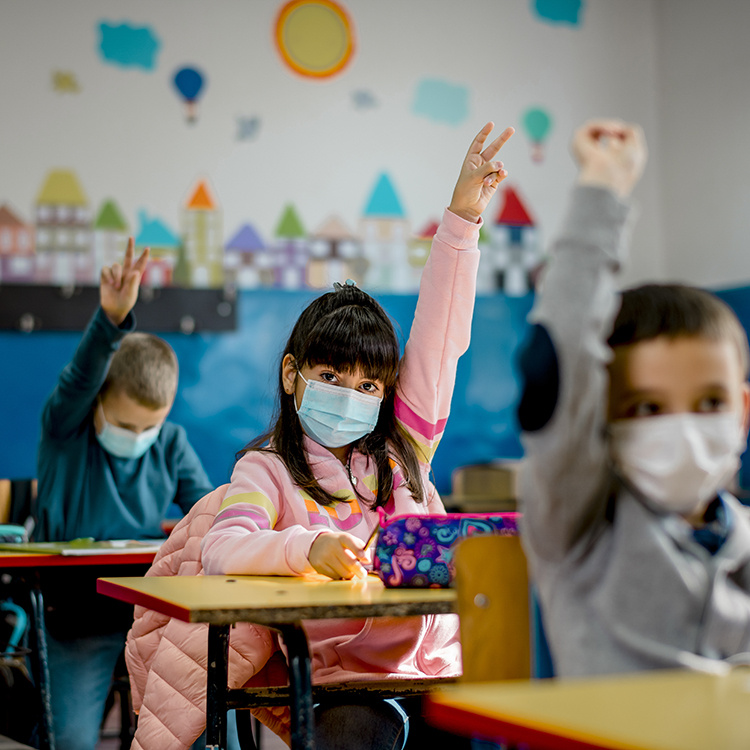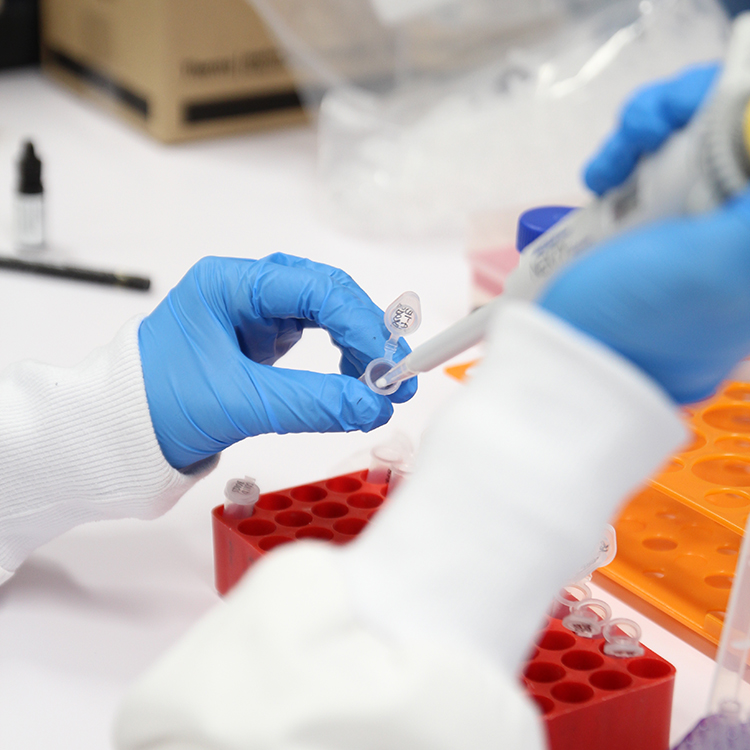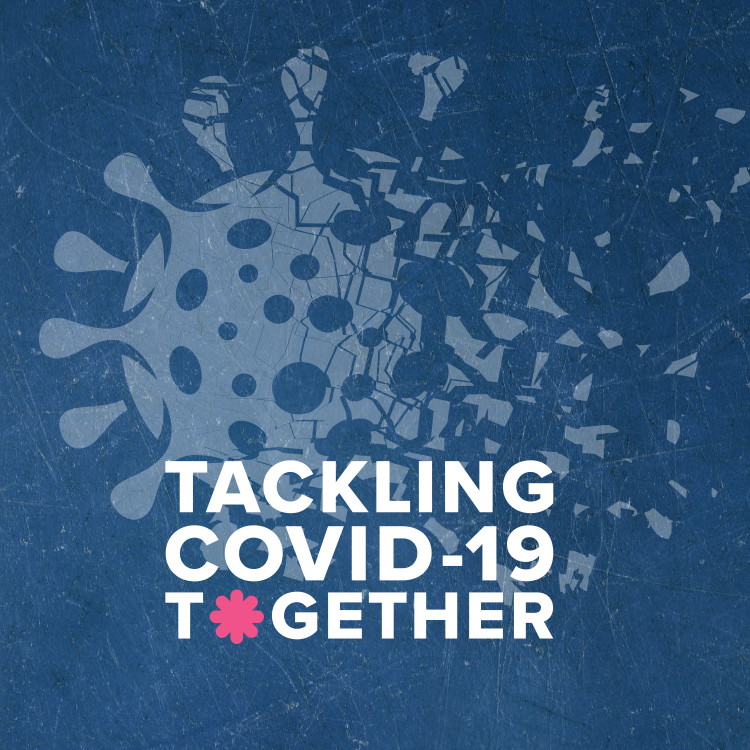Search

News & Events
Australia’s first DNA-based COVID-19 vaccine study set to begin at The Kids Research Institute AustraliaAustralia’s first needle-free, gene-based COVID-19 vaccine study will be spear-headed in WA by The Kids Research Institute Australia thanks to almost $6 million in Coronavirus Research Response funding announced by Health Minister Greg Hunt.


With the number of COVID-19 infections in Western Australia continuing to grow – including confirmed cases in children – The Kids Research Institute Australia understands that our community is growing increasingly worried.
Research
Short-Term Active Safety Surveillance of the Spikevax and Nuvaxovid Priming Doses in AustraliaAustralia commenced administration of the Spikevax (Moderna mRNA-1273) COVID-19 vaccine in August 2021 and Nuvaxovid (Novavax NVX-CoV2373) in January 2022. This study describes the short-term safety profile of priming doses of the Spikevax and Nuvaxovid vaccines given between September 2021 and September 2023.

Thanks to 30 years of support from the WA community, The Kids Research Institute Australia is home to some of the world’s best researchers.

The Kids Research Institute Australia answers all of your questions about vaccines and children

Research that maps and tracks.

Research save lives and contains the spread of COVID-19.
Research
The seroprevalence of SARS-CoV-2-specific antibodies in Australian children: A crosssectional studyFollowing reduction of public health and social measures concurrent with SARS-CoV-2 Omicron emergence in late 2021 in Australia, COVID-19 case notification rates rose rapidly. As rates of direct viral testing and reporting dropped, true infection rates were most likely to be underestimated.
Research
Widening the lens for pandemic preparedness: children must be seen and heardThe Australian and New Zealand Paediatric Infectious Diseases (ANZPID) Group of the Australasian Society for Infectious Diseases (ASID) calls for urgent consideration of the needs and voices of children in response to the COVID-19 pandemic, and in planning for future pandemics.
